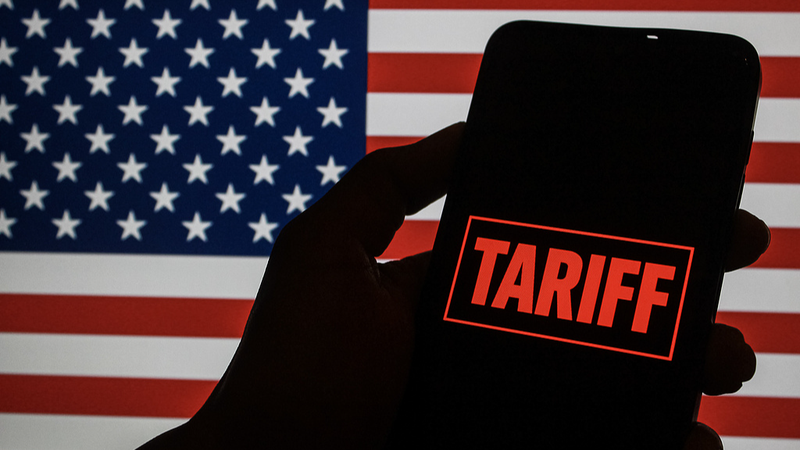The ongoing U.S. tariff war is sending shockwaves through global markets, prompting longtime allies to reassess economic and strategic ties. As the U.S. implements unpredictable tariff policies, the ripple effects are now challenging the alliance system that has underpinned decades of international cooperation.
In a decisive move, Japanese Prime Minister Shigeru Ishiba signaled in parliament that Japan will firmly stand its ground. "I'm not of the view that we should make big concessions for the sake of wrapping up negotiations quickly," he stated, marking a notable pivot from earlier, more conciliatory tones. This shift highlights Japan's growing determination to protect its economic interests amid mounting pressure from the U.S. tariffs.
The recalibration of trade relations is not confined to Japan. In Germany, Chancellor-designate Friedrich Merz warned that the current U.S. tariff policies could speed up the onset of a global financial crisis. Merz’s call for a U.S.-European free trade agreement has met with resistance from Washington, signaling deeper tensions. Similarly, in Canada, Prime Minister Mark Carney described the retaliatory tariffs on U.S. imports as measures designed "to cause maximum pain," reflecting a robust backlash against what many view as unreasonable U.S. trade policies.
Data-driven insights reveal that the economic impact is far-reaching. For instance, U.S. tariffs on Japanese automobiles have surged from 2.5% to a staggering 27.5%, jeopardizing a vital sector of Japan's economy and potentially contracting GDP by 0.2% to 0.3%. In Germany, studies suggest that a flat increase of 25% in tariffs could trim the nation’s GDP by 1.2% within a year. These figures paint a sobering picture of industries under pressure and employment at risk.
Amid these challenges, major financial players, including pension funds in Canada and Denmark, are rethinking their investment strategies in the U.S. landscape. The uncertainty has led to a cautious approach, with investors wary of committing new capital in an increasingly volatile geopolitical environment.
European leaders are also urging caution. French President Emmanuel Macron has voiced concerns about the stability of U.S. economic policies, while many officials in the European Union believe that relations with Washington will never return to the familiar pre-Trump equilibrium.
This unfolding scenario underscores a critical lesson for our globally connected audience: policy decisions in one country can trigger widespread economic and strategic realignments. For young global citizens, business and tech enthusiasts, thought leaders, and digital nomads alike, the U.S. tariff dispute serves as a compelling example of how international policies shape the world we live in.
Reference(s):
U.S. tariff war drives allies to reassess ties with Washington
cgtn.com




